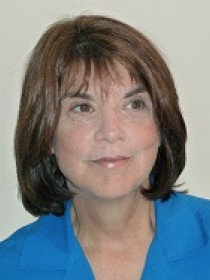
Naomi Gerstel
Connect with Naomi
About Naomi
Gerstel studies marriage, families, and work. She has spent recent years researching inequalities in job hours and schedules, addressing the limits of the Family and Medical Leave Act, the greediness of marriage and work, extended families, and most recently the unequal involvement of families in the lives of undergraduates. Unequal Time, (co-authored with Dan Clawson) is her recent award winning book that discusses the ways control over time is necessary for managing pervasive unpredictability, keeping a job and raising a family. But time, as well as control over it, are unequally distributed and determined to a significant degree by gender and class.
Contributions
In the News
Publications
Discusses the chaos and hardship in so many people’s lives that results not just from the hours they work but from the unpredictability of those hour and the inability to control them.